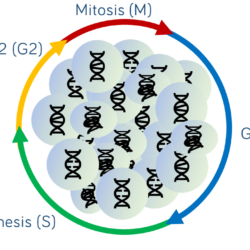Using Inspera for a Language Module Assessment Strategy
Loiana Leal, Lecturer in Modern Languages discusses how she worked alongside the Digital Exams Team from LTDS to integrate digital examinations in a Portuguese language module using Inspera, collaborating with students to develop authentic assessments delivering enhancements in marking processes, feedback delivery and a high quality student experience during formative and summative assessments.










